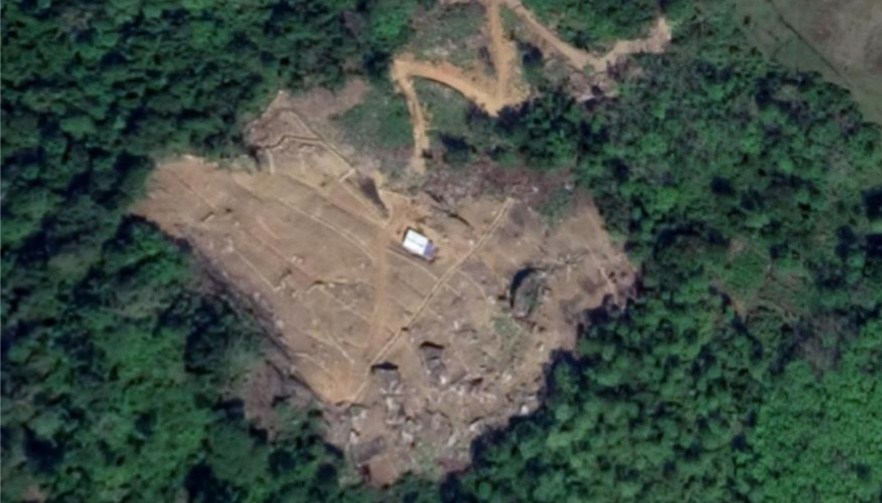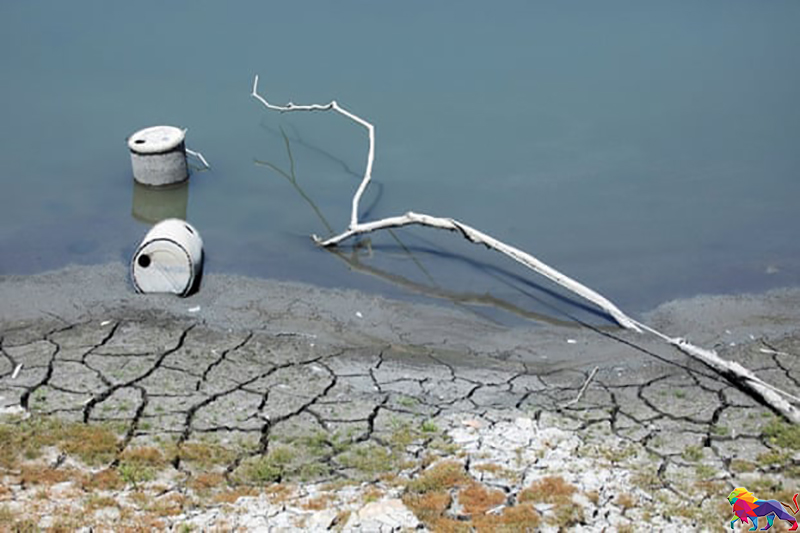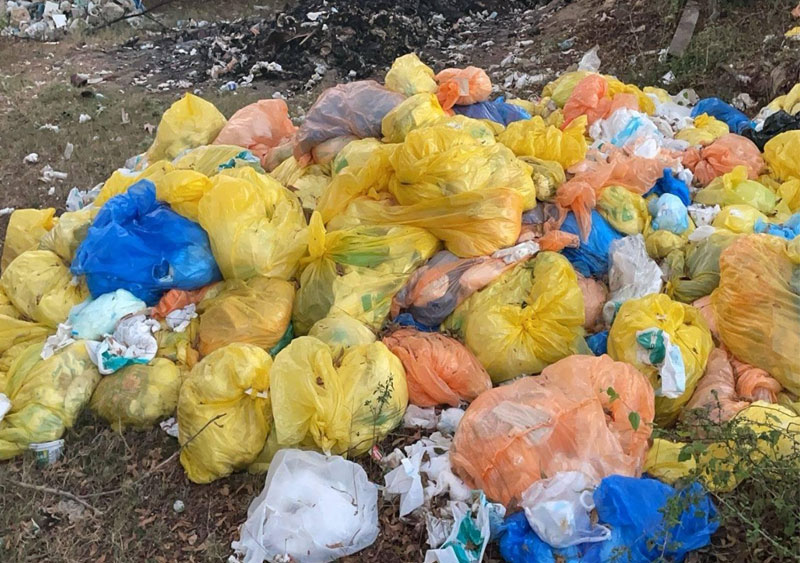The United Nations says that drought and water scarcity could rival the Covid-19 pandemic with risks growing rapidly as global temperatures rise.
The UN agency responsible for leading global disaster risk management warned that drought affects more people than any other slow onset disaster and will determine the course of human development in the coming years as the climate emergency worsens.
 “Drought is on the verge of becoming the next pandemic and there is no vaccine to cure it. Most of the world will be living with water stress in the next few years. Demand will outstrip supply during certain periods. Drought is a major factor in land degradation and the decline of yields for major crops,” the UN Secretary General’s Special Representative for Disaster Risk Reduction, Mami Mizutori said.
“Drought is on the verge of becoming the next pandemic and there is no vaccine to cure it. Most of the world will be living with water stress in the next few years. Demand will outstrip supply during certain periods. Drought is a major factor in land degradation and the decline of yields for major crops,” the UN Secretary General’s Special Representative for Disaster Risk Reduction, Mami Mizutori said.
Ms. Mizutori was speaking at the launch of the GAR Special Report on Drought 2021, which was prepared by a team of experts commissioned by the UN Office for Disaster Risk Reduction.
The Special Report on Drought 2021 calls for a new global mechanism to support countries in addressing the transboundary nature of drought risk through strengthened risk governance, partnerships and innovation at regional level and risk-informed action at community level.
Droughts have always been part of the human experience, but the damage and costs resulting from them are seriously underestimated. This is due to widespread and cascading impacts that are often not explicitly attributed to the knock-on effects of drought.
According to the UN, droughts have triggered economic losses of at least USD 124 billion and hit more than 1.5 billion people between 1998 and 2017.
Impact on Sri Lanka

As the global community observed 'World Environment Day' this month, it would be prudent to pay attention to this report and take note of the following factors from a Sri Lankan context.
1- Impact of deforestation on water sources, their catchments and reservations in Sri Lanka.
2- Sri Lanka's forest cover that stood at around 82 percent in 1881 has dropped drastically to about 26 percent.
3- To what extent will the government's decision to ban chemical fertilizers and pesticides affect the paddy, vegetable and plantation crops in our country in the future?




















